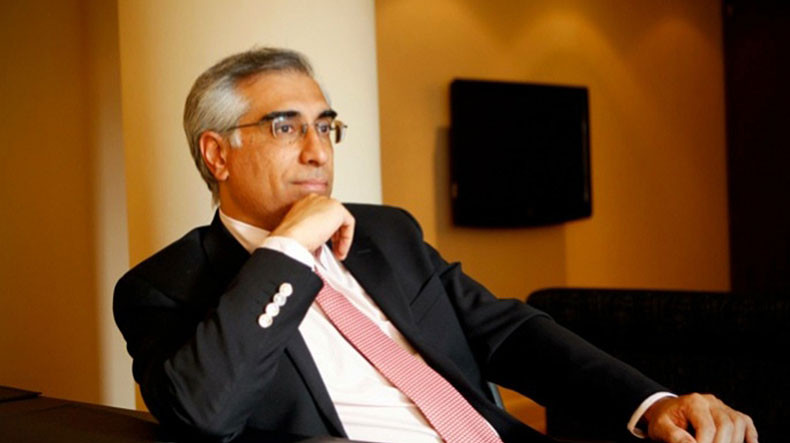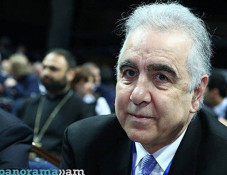
‘Dictatorships often start in the face of a threat’, UN privacy chief warns amid coronavirus surveillance
Strict surveillance measures adopted to monitor citizens during coronavirus lockdowns could result in the long-lasting theft of personal freedoms, the United Nations’ privacy chief has warned.
“Dictatorships and authoritarian societies often start in the face of a threat,” Joseph Cannataci, the UN special rapporteur on the right to privacy told the Thomson Reuters Foundation, The Independent reported.
“That is why it is important to be vigilant today and not give away all our freedoms.”
The coronavirus pandemic has led governments to declare themselves essentially on a war footing – with many politicians referencing an “invisible” enemy or attacker.
At the advice of health experts, even countries regarded as the world’s most liberal democracies have enforced quarantine measures thought unthinkable mere weeks ago.
As governments grapple with how to monitor and enforce such restrictions on movement, several have turned to more authoritarian technologies, such as facial recognition and phone tracking.
The danger is that measures brought in to protect citizens in exceptional circumstances – when most people accept they are needed – could outlast the current crisis, Mr Cannataci cautioned.
While it is difficult to properly assess each measure while the pandemic is ongoing, safeguards should be put in place to ensure responses are necessary and proportionate, according to Mr Cannataci.
Surveillance measures should be written in law and clearly limited in time, he told the foundation.
He warned that data obtained via phone tracking could be abused or stolen to vilify vulnerable ethnic, religious or sexual minorities, exposing them to the risk of violence and discrimination.
And while health data can be useful in assessing citizens' vulnerability to Covid-19, it could also be abused to identify HIV-positive people in countries where the condition is seen as an indicator of homosexuality and homophobia is rife, he added.
“We must be very careful how we use these tools,” Mr Cannataci said. “And citizens should use every means they have to influence both the policies and the laws that are made that affect them.”
China, which has long inflicted restrictive technologies upon its citizens, appears to have emerged from its first wave of domestically-transmitted infection after months of heavily policed quarantine measures in the most affected regions.
Israel’s counterterrorism unit will also use technologies like phone tracking – typically used on Palestinians – to track citizens, sending a text to their phone when they breach quarantine rules or may have come into contact with an infected person.
South Korea, which has been widely praised for its efforts to slow the outbreak’s spread, has employed web developers to build detailed maps of citizens’ movements using CCTV, phone-tracking and tracing bank transactions.
Singapore has also launched an open source contact-tracing smartphone app, which tells its opt-in users if they have possibly been exposed to coronavirus, while Taiwan has built an "electronic fence" using phone-tracking data to enforce quarantine measures.
The UN’s Mr Cannataci said governments should favour voluntary tools – such as phone-tracking apps requiring users’ consent – over broader surveillance powers, and urged countries to set up independent bodies to oversee such measures.
“Any form of data can be misapplied in incredibly bad ways,” he said. “If you have a leader who wants to abuse the system, the system is there.”
As reported earlier, the Armenian parliament also adoped a package of bills on making amendments and supplements to the laws on the state of emergency regime and electronic communication, allowing the authorities to use personal data from citizens’ mobile phones to fight the coronavirus outbreak.
Newsfeed
Videos






























